Quiz History
Last Updated:
Are you a history buff? Our quizzes are for you! Test your knowledge of the great historical periods, landmark events, famous people and civilizations that have shaped the world as we know it today.
Our history quizzes are a fun and educational way to relive key moments in human history. With a varied selection of questions, you can test your knowledge on topics ranging from antiquity to the 21st century, including the Middle Ages, the Renaissance, industrial and political revolutions.
Do you know who signed the U.S. Declaration of Independence? Do you know the dates of major battles such as Hastings and Waterloo? Can you identify iconic figures such as Napoleon, Cleopatra and Martin Luther King? Our history quizzes are designed to help you answer all these questions while enriching your historical knowledge.
As you explore our history quizzes, you’ll discover fascinating anecdotes, little-known facts and striking details about the events and characters that changed the course of history. Whether you’re a history buff, a student or simply curious, our quizzes are an interactive and entertaining way to test your knowledge and learn more about the events that have shaped the world.
Test your knowledge and travel through the ages with our history quizzes!
Test your knowledge of history with our quizzes. Whether you’re an amateur or a true enthusiast, our quizzes will offer you a challenge adapted to your level.
Compare yourself with other history buffs and find out where you stand among connoisseurs of the great historical periods. Each question is an opportunity to learn and deepen your knowledge.
Our history quizzes are not simple knowledge tests, but interactive learning tools. Each question is accompanied by detailed explanations and interesting facts about key events, characters and eras.
By answering the questions, you’ll enrich your general knowledge and develop a better understanding of the past. Use our quizzes to explore new historical periods, discover fascinating anecdotes and strengthen your knowledge of world history.
history
/ 10
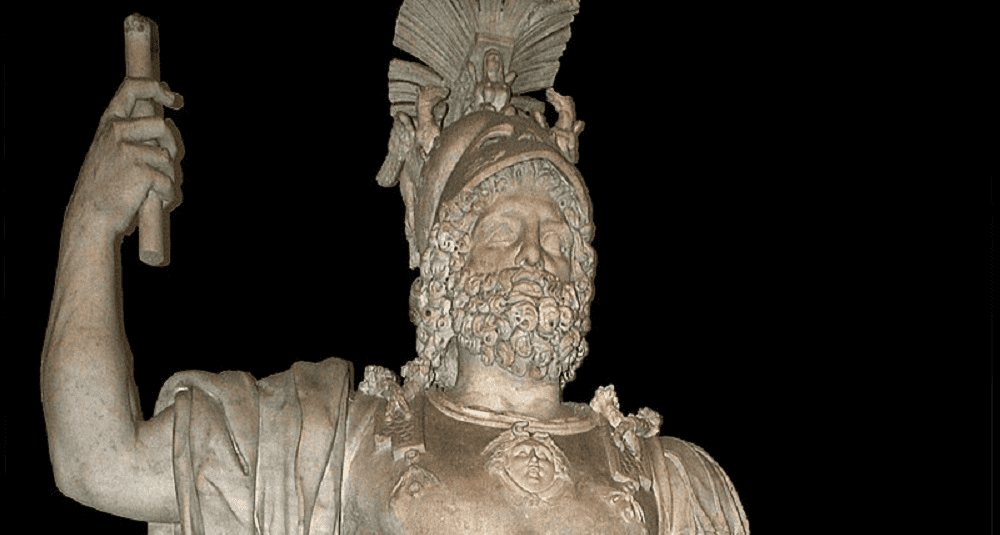
Who is Mars in Roman mythology?
2God of war
1God of underworld

🙌 Good answer
In Roman mythology, Mars is the god of war and the legendary father of Romulus and Remus. He embodies the military strength and protection of Rome.
Next question

😞 Wrong answer
In Roman mythology, Mars is the god of war and the legendary father of Romulus and Remus. He embodies the military strength and protection of Rome.
Next question
history
/ 10

What is the name of the Soviet farms launched by Stalin after 1928?
2Sovkhozes
1Kolkhozes

🙌 Good answer
A sovkhoz is a state farm from the time of the USSR. Sovkhozes were created during the expropriation of the "kulaks" during Stalin's campaign of collectivization after 1928.
Next question

😞 Wrong answer
A sovkhoz is a state farm from the time of the USSR. Sovkhozes were created during the expropriation of the "kulaks" during Stalin's campaign of collectivization after 1928.
Next question
history
/ 10
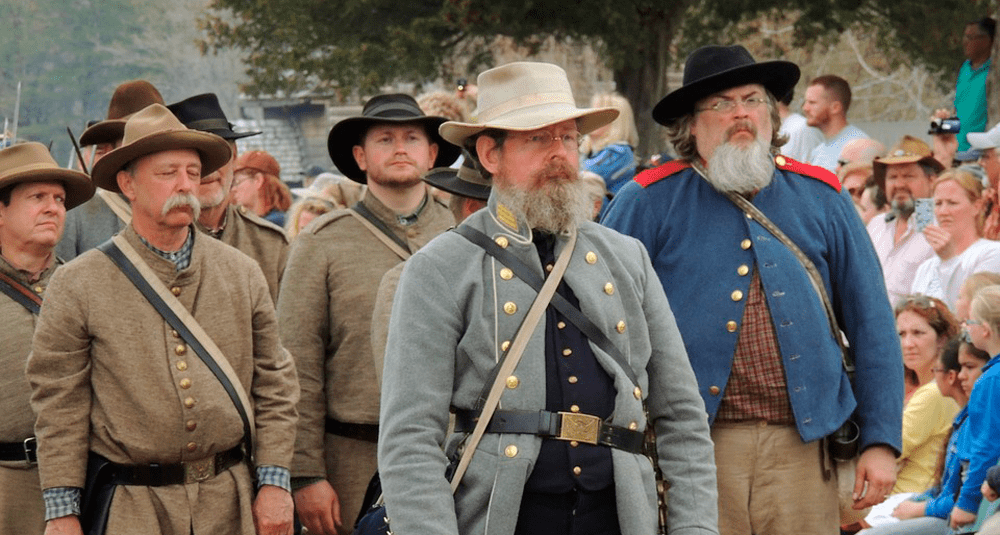
Which soldier is General-in-Chief of Confederate armies?
2Robert E. Lee
1Ulysses S. Grant

🙌 Good answer
Robert Lee is first the commander of the Virginia Armed Forces and then Chief General of the Confederate State Army.
Next question

😞 Wrong answer
Robert Lee is first the commander of the Virginia Armed Forces and then Chief General of the Confederate State Army.
Next question
history
/ 10
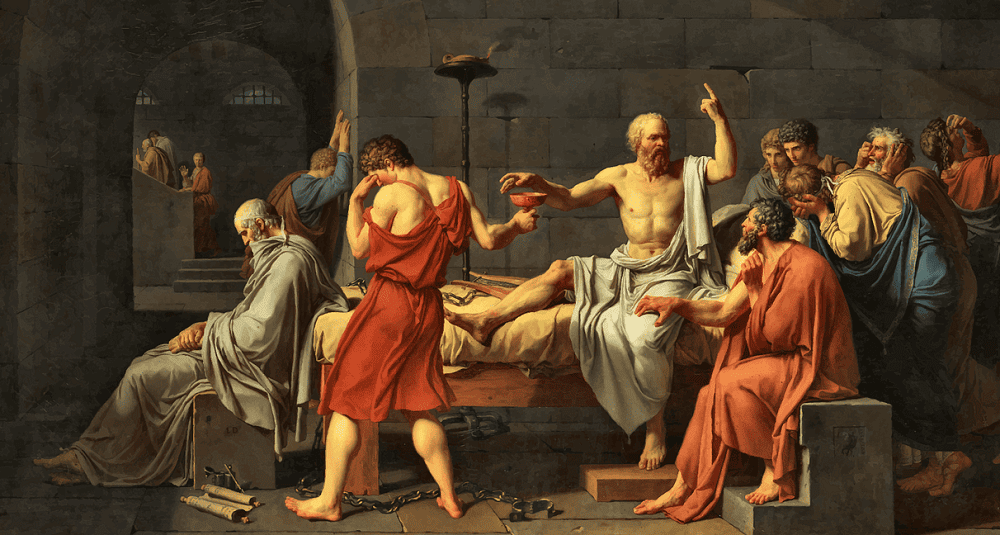
How did Socrates die?
2Forced suicide
1Died in battle

🙌 Good answer
Socrates died in 399 BC after drinking the deadly poison hemlock. Condemned by Athens for impiety and corruption of youth, he accepted his fate.
Next question

😞 Wrong answer
Socrates died in 399 BC after drinking the deadly poison hemlock. Condemned by Athens for impiety and corruption of youth, he accepted his fate.
Next question
history
/ 10
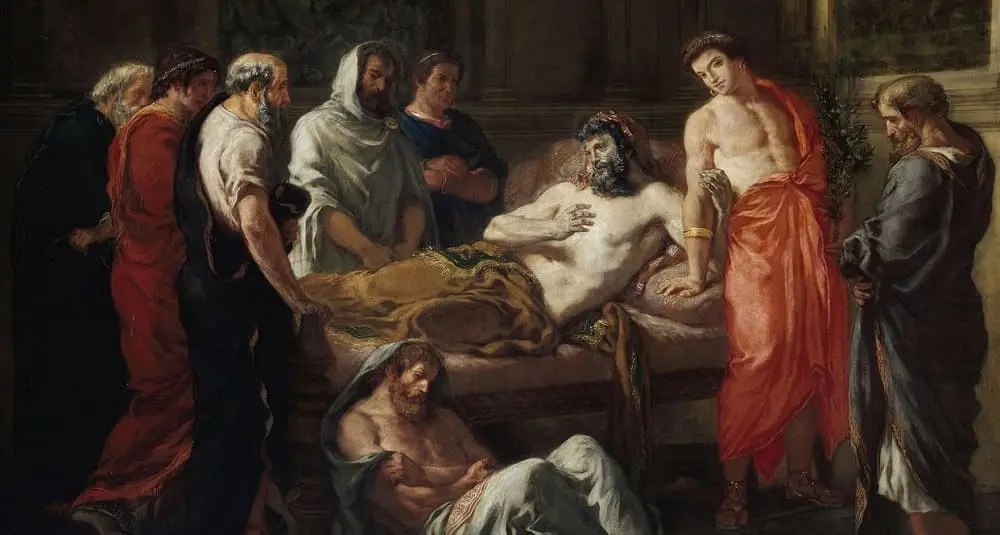
How did Emperor Marcus Aurelius die?
1Disease
2Murder

🙌 Good answer
Emperor Marcus Aurelius died in 180 AD, probably of the Antonine plague, during a military campaign near Vindobona, modern-day Vienna.
Next question

😞 Wrong answer
Emperor Marcus Aurelius died in 180 AD, probably of the Antonine plague, during a military campaign near Vindobona, modern-day Vienna.
Next question
history
/ 10
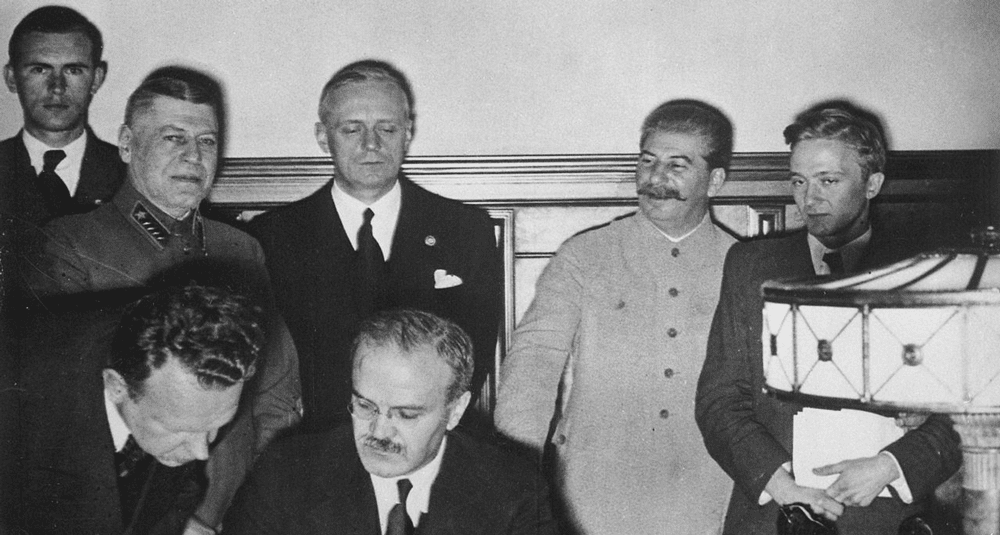
Where was the 1939 Molotov–Ribbentrop Pact signed?
2Moscow
1Berlin

🙌 Good answer
The German-Soviet Pact is a non-aggression treaty between Germany and the Soviet Union, signed in Moscow on August 23, 1939.
Next question

😞 Wrong answer
The German-Soviet Pact is a non-aggression treaty between Germany and the Soviet Union, signed in Moscow on August 23, 1939.
Next question
history
/ 10

When did the St. Bartholomew's Day Massacre take place?
11572
21672

🙌 Good answer
The St. Bartholomew's Day massacre took place on the night of August 23-24, 1572, marking a tragic turning point in France's Wars of Religion.
Next question

😞 Wrong answer
The St. Bartholomew's Day massacre took place on the night of August 23-24, 1572, marking a tragic turning point in France's Wars of Religion.
Next question
history
/ 10
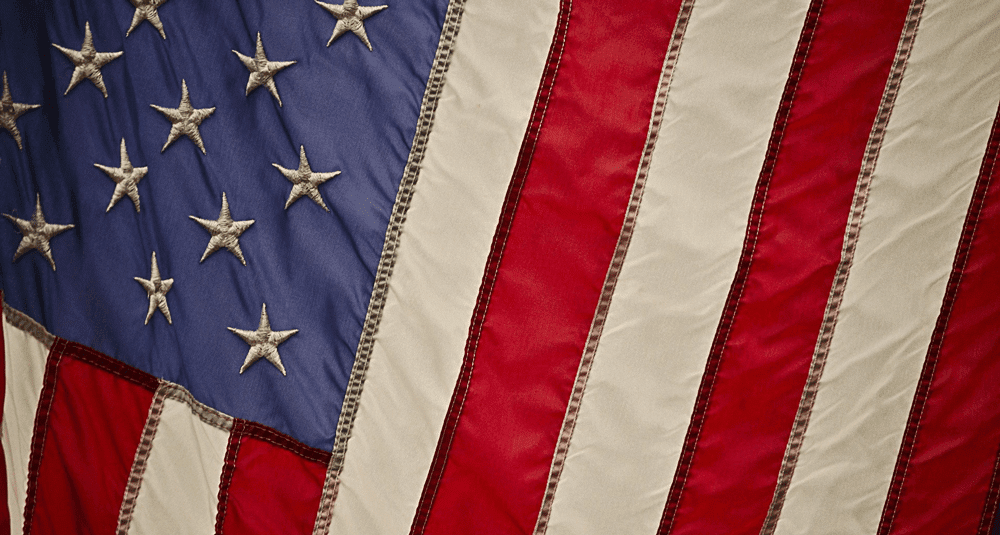
Who was murdered by James Earl Ray?
1Martin Luther King
2John Fitzgerald Kennedy

🙌 Good answer
James Earl Ray (born in Alton, Illinois on March 10, 1928 and died in Nashville on April 23, 1998) is an American criminal, sentenced to 99 years in prison for the murder on April 4, 1968, in Memphis, Tennessee, of Pastor Martin Luther King Jr., winner of the Nobel Peace Prize in 1964.
Next question

😞 Wrong answer
James Earl Ray (born in Alton, Illinois on March 10, 1928 and died in Nashville on April 23, 1998) is an American criminal, sentenced to 99 years in prison for the murder on April 4, 1968, in Memphis, Tennessee, of Pastor Martin Luther King Jr., winner of the Nobel Peace Prize in 1964.
Next question
history
/ 10
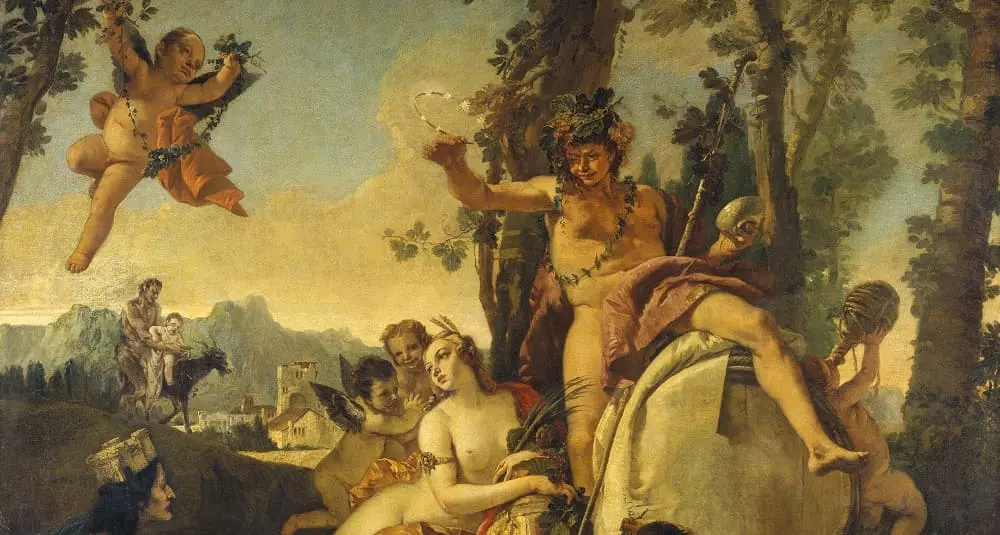
What are Bacchus' attributes?
2Vine and cup
1Lightning and trident

🙌 Good answer
The attributes of Bacchus, the Roman god of wine, include the vine, the cup, the thyrse, the panther, ivy leaves and the grape crown.
Next question

😞 Wrong answer
The attributes of Bacchus, the Roman god of wine, include the vine, the cup, the thyrse, the panther, ivy leaves and the grape crown.
Next question
history
/ 10
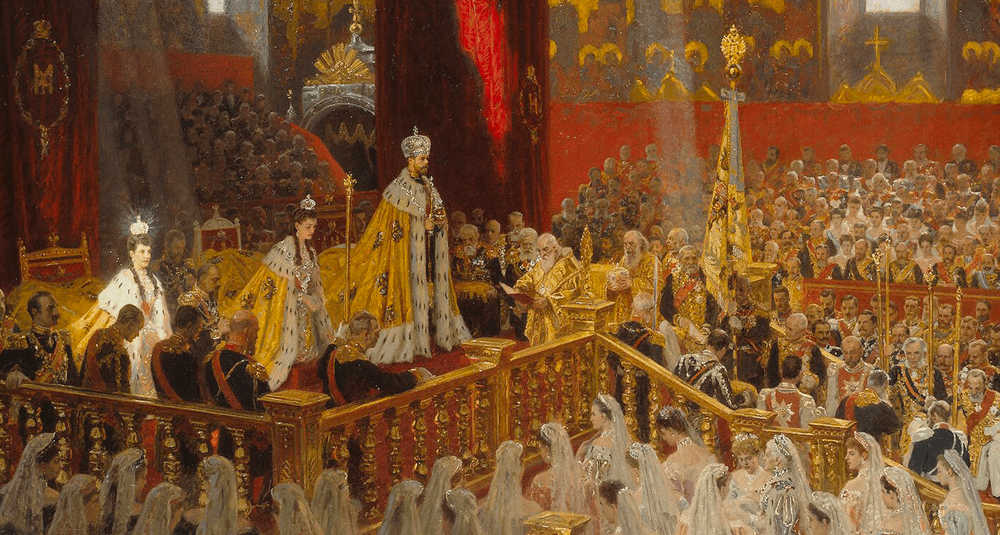
Who was the last czar of Russia?
1Nicholas II
2Vladimir IV

🙌 Good answer
Nicholas II, born Nikolai Aleksandrovich Romanov on 6 May 1868 (18 May 1868 in the Gregorian calendar) in the Palace of Tsarskoye Selo and summarily executed with his entire family on 17 July 1918 in Yekaterinburg, was the last Russian emperor, also King of Poland and Grand Duke of Finland, of the Romanov dynasty.
Next question

😞 Wrong answer
Nicholas II, born Nikolai Aleksandrovich Romanov on 6 May 1868 (18 May 1868 in the Gregorian calendar) in the Palace of Tsarskoye Selo and summarily executed with his entire family on 17 July 1918 in Yekaterinburg, was the last Russian emperor, also King of Poland and Grand Duke of Finland, of the Romanov dynasty.
Next question



